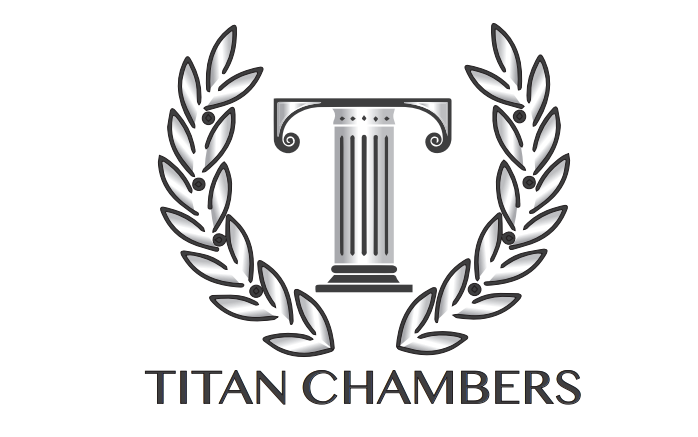Context:
The act of moneylending as a business in Trinidad and Tobago is governed and regulated by the MoneyLenders Act, Chap. 84:04 of the Laws of the Republic of Trinidad and Tobago.
That Act is now ninety (90) years old at the time of writing this post (in 2022) as the Act in its original form was enacted in 1932 and borrowed significantly from the UK Moneylenders Act of 1927. The 1927 UK Act, and by extension the Trinidad and Tobago Act (“the Act”), provided for, among other things:
- (revised) requirements for licensing of moneylenders;
- prescribed interest rates; and
- prescribed content for written contracts/ memoranda for loans.
In several cases, the UK Act was criticised for having an unduly “severe” approach as contracts for moneylending that did not comply strictly with the statutory requirements were deemed to be unenforceable. At the time in contemporary society, and perhaps some of this perception remains today, moneylending was seen as a predatory activity and therefore one requiring “strict supervision“.
Such a severe approach has been roundly criticised in more modern times. Lord Crowther of the United Kingdom in a report on Consumer Credit known by his name (Crowther Report or The Crowther Report on Consumer Credit: recommendations, 1973) stated:

In Trinidad and Tobago, courts have largely mirrored approaches taken by UK courts as to the requirements under the Moneylenders Act. In one case decided in 2013, loans collectively amounting to Two Million Trinidad and Tobago Dollars ($2,000,000.00) made by a licensed Moneylender were found to be unenforceable as they did not comply with the requirements of the Act. That decision, however, was overturned on appeal on the basis that it was unconscionable that the Borrower was unjustly enriched by receiving funds and refusing to repay.
In the words of the Court:
The question to be answered here is whether the policy of the Act would be stultified if the First Appellant’s claim in unjust enrichment were allowed. In my opinion, there is no logical basis why considerations of public policy should require the First Appellant to forfeit the monies lent to the First Respondent and such a result would not be a just and proportionate response to the fact that the contract for the repayment of the monies lent together with interest is unenforceable. In fact, I am of the view that it would be unjust for the First Respondent to retain the monies borrowed.
The Act covers business rather than personal moneylending and Halsbury’s Laws of England 3rd Edn. Vol. 27 pg. 18 Para. 27 explains the distinction as follows (our emphasis):“ It is a question of fact in each case whether a person is carrying on the business of moneylending. In order to establish that he is carrying on such a business it is not sufficient to prove that he has occasionally lent money at a remunerative rate of interest; it is necessary to prove some degree of system and continuity in his moneylending transactions and something more than loans to friends and relatives. In considering whether a person is carrying on a business of moneylending all loans made by him must be taken into account.”
General Recommendations for Moneylenders:
- Become very acutely familiar with the provisions of the Moneylenders Act (see copy below);
- Apply for licence renewals in a timely manner; and
- Ensure that accurate and complete paperwork is completed and retained for each transaction.
By: Saelese Haynes | Attorney-at-Law


Thanks for sharing your thoughts!